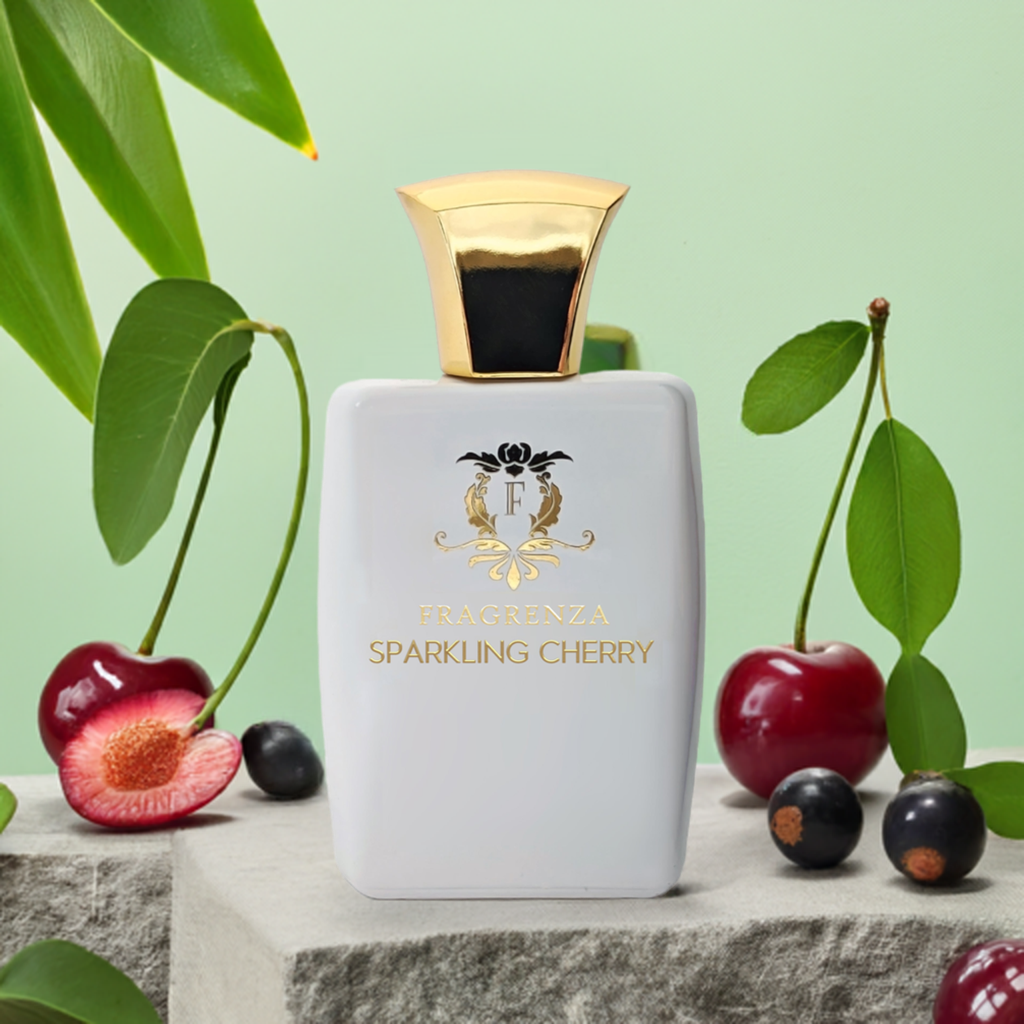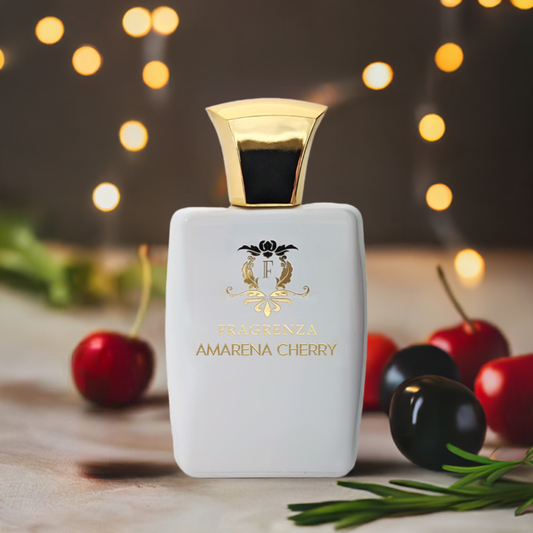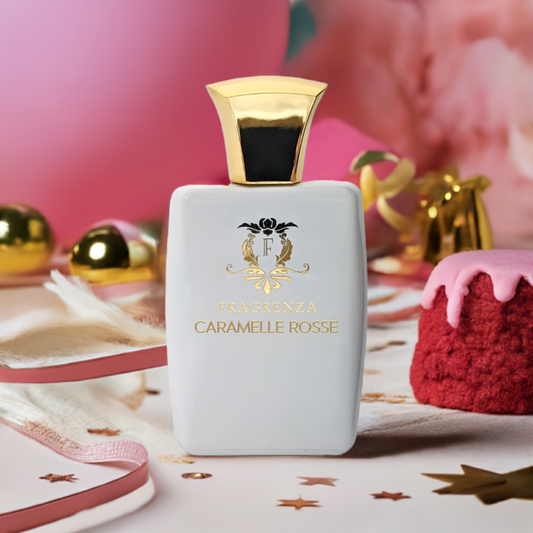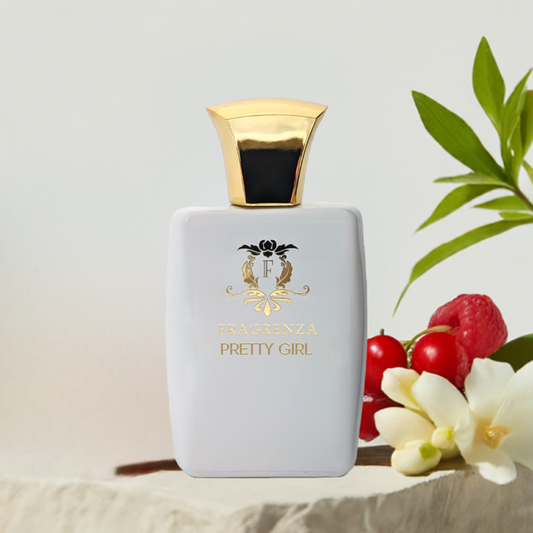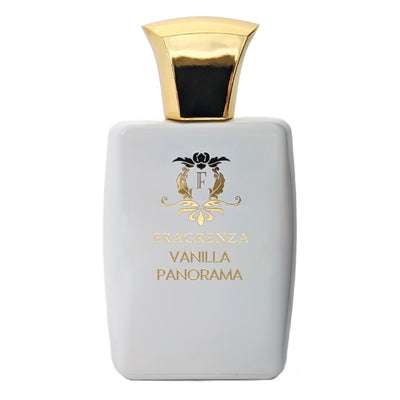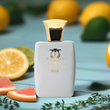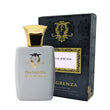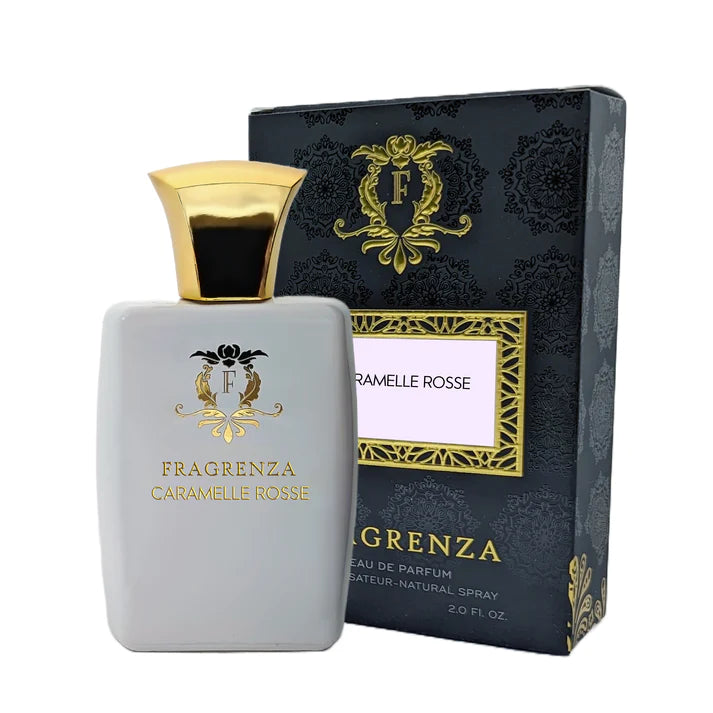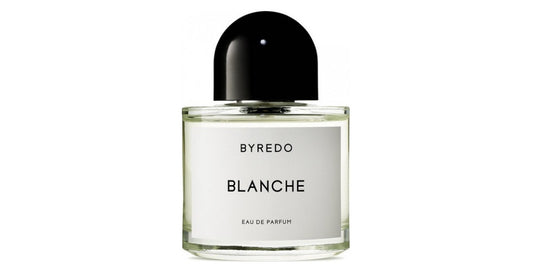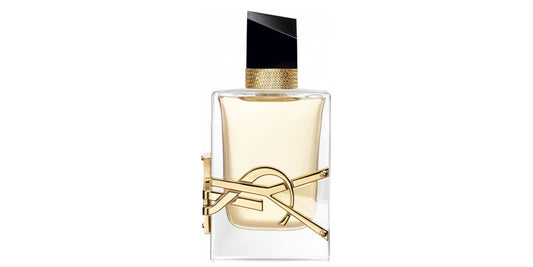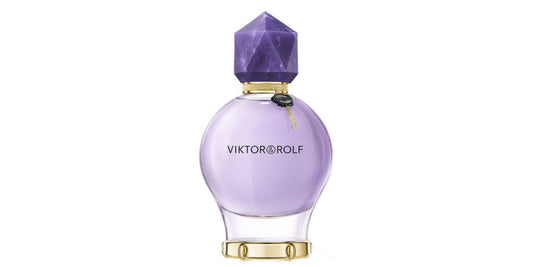Lemon in perfumery

In This Article
Lemon, a Citrus Fruit from the Citrus Family
Belonging to the citrus olfactory family, lemon offers surprisingly fresh fragrances that are tangy and acidic. However, lemon notes are light and volatile, making them primarily found in top notes. Initially used predominantly in women's perfumes, lemon has gained popularity in men's fragrances as well. It is present in numerous colognes, such as Allure Homme Sport Cologne by Chanel, where the top notes are entirely citrus (lemon, grapefruit, bergamot, mandarins), providing a light and refreshing sensation. The base notes (cedarwood, musk) introduce a woody trail for a surge of well-being.
Associations of Lemon with Other Olfactory Families
While lemon is most commonly found in citrus fragrances and colognes, it also pairs well with various other scents, particularly floral ones. For example, in Ange ou Démon, le Secret by Givenchy, the lemon top note is accompanied by heart notes of peony and jasmine, creating a perfume intended for young, innocent women. Lemon also complements oriental fragrances, as seen in Thierry Mugler's Alien Sunessence perfume. Here, the lemon stands alone as the top note, which is quite rare, accompanied by floral notes and frangipani flowers in heart notes, and white amber and woody notes in base notes, creating an ultra-sparkling and solar fragrance. Additionally, lemon is incorporated into woody and chypre scents, where it often pairs with vetiver and patchouli, as in Bel Ami by Hermès.
Lemon, a small yellow or green citrus fruit, is a vital component of our cuisine and is widely used in essential oils due to its numerous therapeutic benefits. In perfumery, lemon belongs to the citrus family and was initially used extensively in colognes. With its fresh and tangy aroma, lemon blends wonderfully with floral, fruity, oriental, woody, or chypre scents.
Fun Facts About Lemon in Perfumery
- Lemon is one of the most popular citrus fruits used in perfumery, along with bergamot and orange.
- The use of lemon in perfumes dates back to ancient times when it was prized for its uplifting and invigorating properties.
- Due to its high volatility, lemon is primarily used as a top note, providing an initial burst of freshness that dissipates quickly.
- Lemon essential oil, extracted from lemon peel, is widely used in perfumery, aromatherapy, and various household cleaning products for its refreshing scent and natural antibacterial properties.
